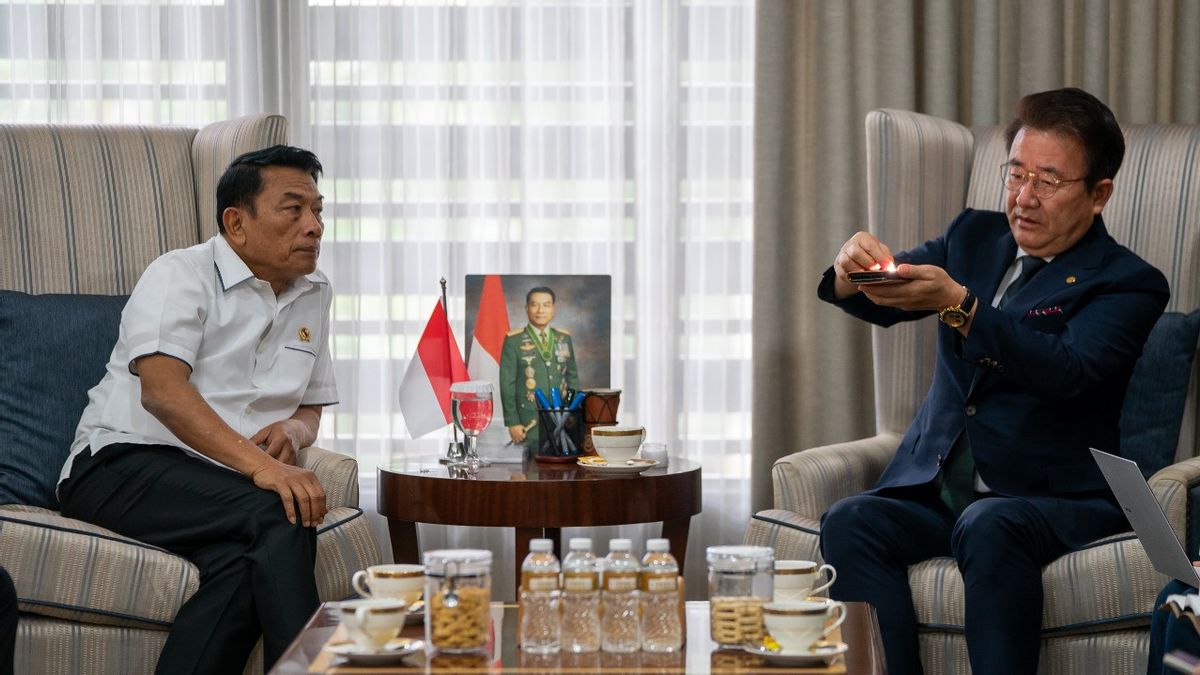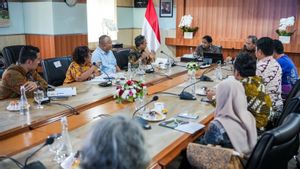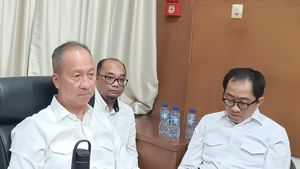JAKARTA Presidential Chief of Staff, (KSP) General TNI (Ret.) Moeldoko, assessed that Indonesia's salt production should take advantage of modern technology. So that domestic salt production is no longer affected by weather conditions. If the weather does not support salt production, the solution must be dropped. said Moeldoko, at the building of Bina Graha Jakarta, Monday 11 December. It is known that until now Indonesia still has to import salt from other countries. In 2022, the Central Statistics Agency (BPS) noted that Indonesia imported 2.75 million tons of salt with a value of US$124.4 million. The import is to patch the shortage of domestic salt production which only reaches 1.2 million tons per year. While the need for salt reaches 4.5 million tons per year. Moeldoko acknowledged that the use of modern technology in Indonesian salt production requires great costs. For this reason, the government encourages investment in the field of plantations so that national salt production increases. This is also a mandate from Presidential Regulation (Perpres) No 126/2022 concerning the Acceleration of National Solar Development. He said that currently there are several companies from other countries that are interested in investing in the field of salt. In fact, they also state that they are ready to cooperate with the community and integrate their production with pockets of people's salt production. I emphasize to them later not only production here (Indonesia), but also empowers pockets of people's salt production and transfers knowledge or technology," he stressed. Previously, on Friday last week, Moeldoko received the arrival of the leader of Salt & Hemp, a South Korean company engaged in the industrial salt production sector. The company based in the South Gyeongsang province has expressed interest in investing in the agriculture field in Indonesia. On that occasion, they explained the salt production process by using nano-filter technology, namely extracting seawater using pumps. The sea water is then channeled through a nano-porous membrane that has very small sized pores. Membranes of this nano-filter will only pass salt molecules, while other water and impurities will be stuck,'' explained Kim Yong Deok, Chairman Salt & Hemp.
SEE ALSO:
With nano filter technology, Kim claims his company can produce 5.5 tons of salt per day with only one hour of production time and 1650 square meters of land. "This is one solution to answer our salt needs, and is not affected by the weather," added Moeldoko.
The English, Chinese, Japanese, Arabic, and French versions are automatically generated by the AI. So there may still be inaccuracies in translating, please always see Indonesian as our main language. (system supported by DigitalSiber.id)


















